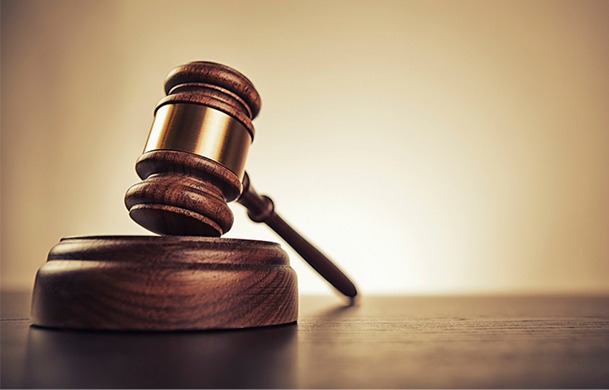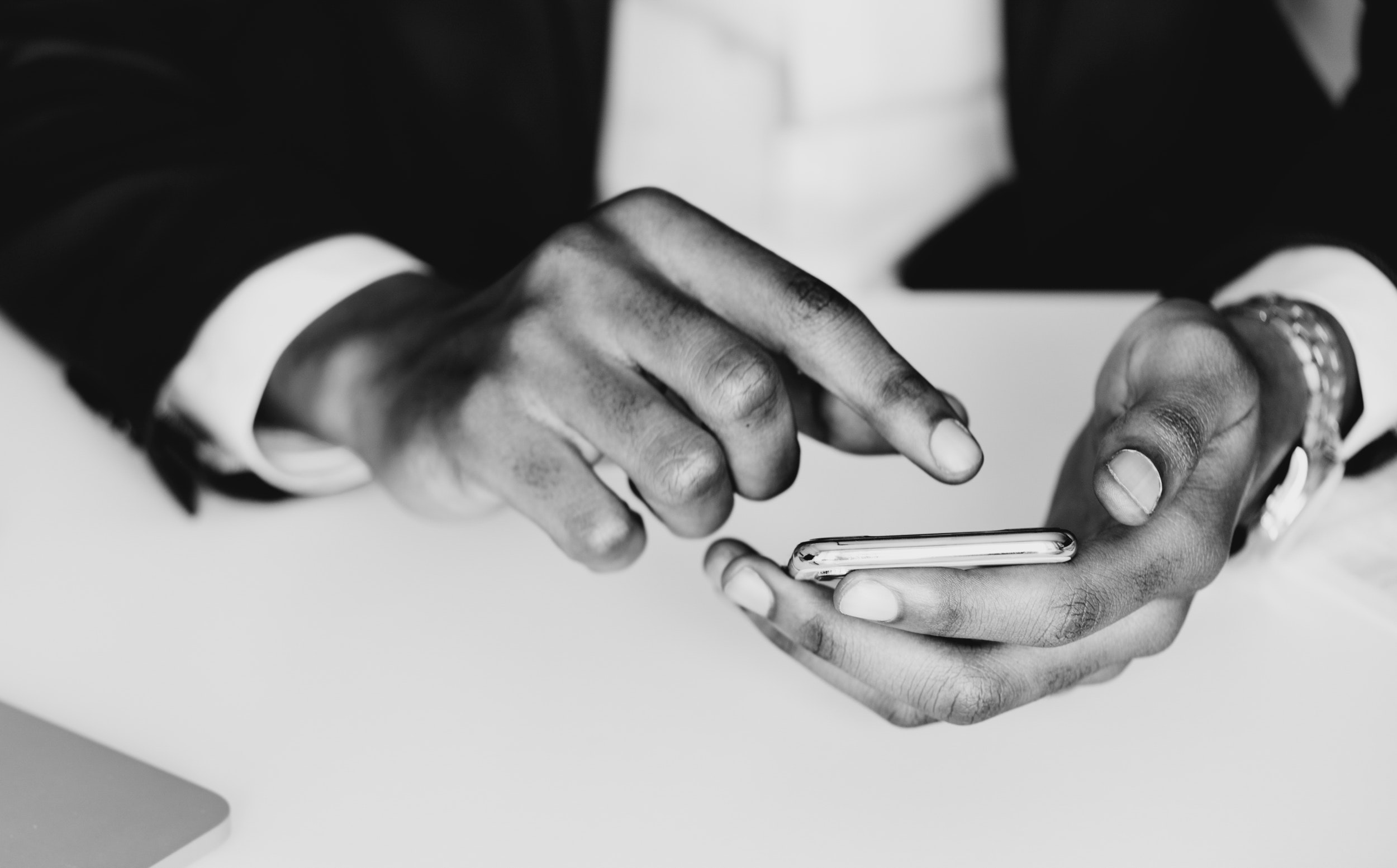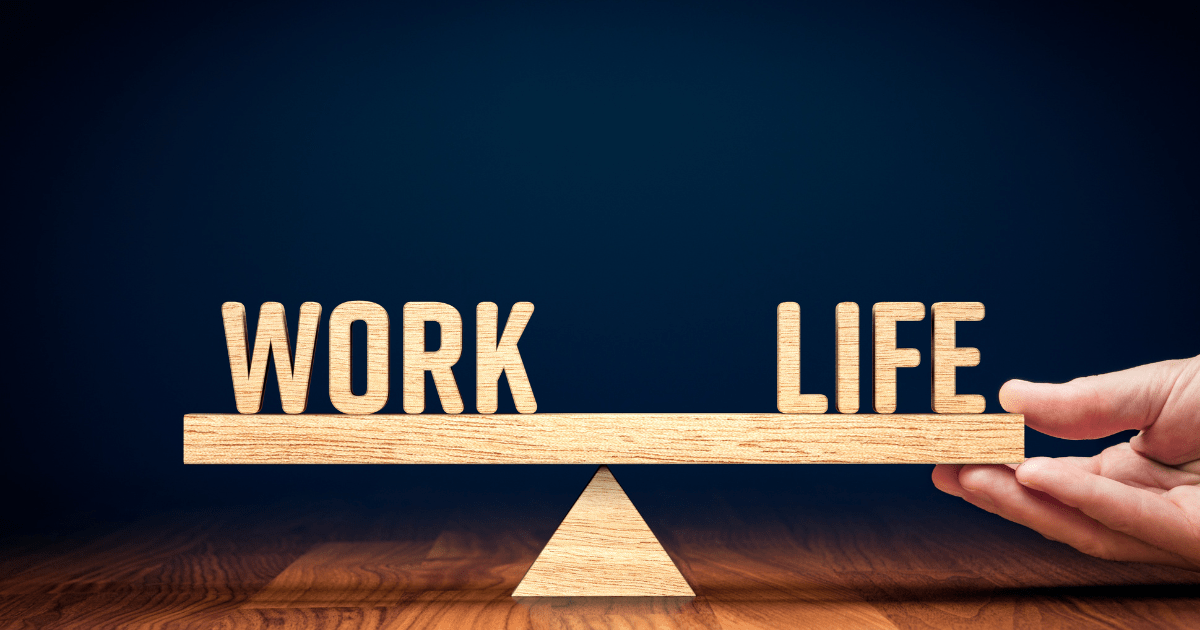
For small businesses owners, understanding what’s worth protecting in their business and how to protect it may seem overwhelming, and the majority of business owners often forget that their intellectual property also needs protecting.
Intellectual property include entities such as your company name, logo, slogan, websites, blogs, brochures and advertising, and most importantly the exclusive rights to original work created that can include, industrial designs, codes, formulas and trade secrets.
The team at Smit & Van Wyk attorneys who specialises in patents, copyrights and trademarks, discuss these three factors that are all designed to protect the intellectual property of your business.
What is copyright?
Copyright can broadly be described as the exclusive right to control the use of a work in all the manners in which it can be exploited for personal gain or profit.
What does copyright protect?
- Literary works (novels, poems, scripts, textbooks, letters, lectures);
- Musical works (songs);
- Artistic works (paintings, sculptures, architectural works, craftmanship);
- Sound recordings (CD’s, tapes, MP3’s);
- Cinematograph films (DVD’s, videos, movies);
- Sound and television broadcasts (radio broadcasts);
- Programme-carrying signals;
- Published editions (layout of a newspaper/magazine/brochure);
- Computer programs (computer software).
How is a copyright different from a patent or a trademark?
Copyright protects the above mentioned type of works, which must be in a material form (i.e. not an idea or concept).
Patents protect inventions (i.e. apparatuses and method) that are new and innovative and which conforms to the requirements set out in the Patents Act. A patent typically protects the technical aspects of an apparatus or method.
Trade marks protects marks (e.g. names, logos, slogans, etc) that are used to identify and distinguish the products or services of business.
Unlike patents, designs and trade marks, you don’t have to register or go through any formal process to get copyright – it comes into existence automatically.
What kinds of ideas and innovations can you copyright or trademark?
You cannot copyright or trade mark an idea or innovation. An invention can only be protected if it qualifies as a patent in terms of the Patents Act and if it is then registered as a patent.
What are some of the consequences of failing to protect my idea or invention?
To qualify for copyright, the work must be in a material form. An invention can only be protected if it is registered as a patent. If you don’t file a patent for an invention, any third party can copy the invention.
What can I do if I believe someone has stolen my idea or invention?
If someone copied a work that you created, then you can sue them for copyright infringement. If you filed a patent for an invention, you should seek professional legal assistance to enforce your rights.

Can you patent your mobile App?
The South African Patents Act excludes computer programs “as such” from the definition of “inventions”, says Aalia Manie a partner in the technology, media, telecommunications and intellectual property practice at Webber Wentzel. “Something must fall within the ambit of an ‘invention’ in order to be patentable. However, there hasn’t been litigation to test this principle in the Patents Act.”
She adds: There is a possibility of a patent where the relevant technology has a technical effect, can make a technical contribution or can solve a technical problem in a way that it not obvious and novel, as it could then go beyond a mere computer program ‘as such’.
Do Apps qualify for copyright protection?
Yes. According to Aalia Manie, a partner in the technology, media, telecommunications and intellectual property practice at Webber Wentzel, one of the aspects is as a computer program (as defined in the Copyright Act) namely the software code by which the functionality of the App is technically carried out (typically in the form of source code); and additionally, as artistic and / or literary works, where the unique visual layout (look-and-feel) of the App is concerned.
Manie says the main thing to ensure is that you can prove that you or your employee was in control over the development of the source code. Alternatively, if a service provider did it for you, then your contract must provide for a proper assignment of the copyright to you. Read more about this here.
How can my mobile App can be trademarked?
The brand, name, logo or tagline under which the technology is to be marketed and sold (e.g. Microsoft, the Apple logo or “think different”) may also be capable of being protected as a trademark, says Aalia Manie, a partner in the technology, media, telecommunications and intellectual property practice at Webber Wentzel.
Does my copyright stand in other countries?
Yes, in terms of the Berne Convention, copyright in a work created in South Africa will be valid in all the member countries of the Berne Convention, which are most countries.
Can I copyright my website?
Certain elements of your website are automatically subject to copyright, like the text, pictures, etc.
Can I copyright my product or business’ unique name?
Consider registering the names as trademarks with the Companies ad Intellectual Property Commission, says Cézanne Britain, CEO of Britain Renecke, a boutique corporate commercial law firm. “Ensure that, when sharing any business ideas with third parties, you have a written non-disclosure agreement in place.” Find out more about protecting your business’ intellectual property, here.
How do I register my copyright?
You don’t have to register copyright. You automatically get copyright when you create a copyrighted work. It is advisable to mark copyrighted work with the copyright symbol © together with the name of the owner of the copyright as well as the year in which the copyright was created.


